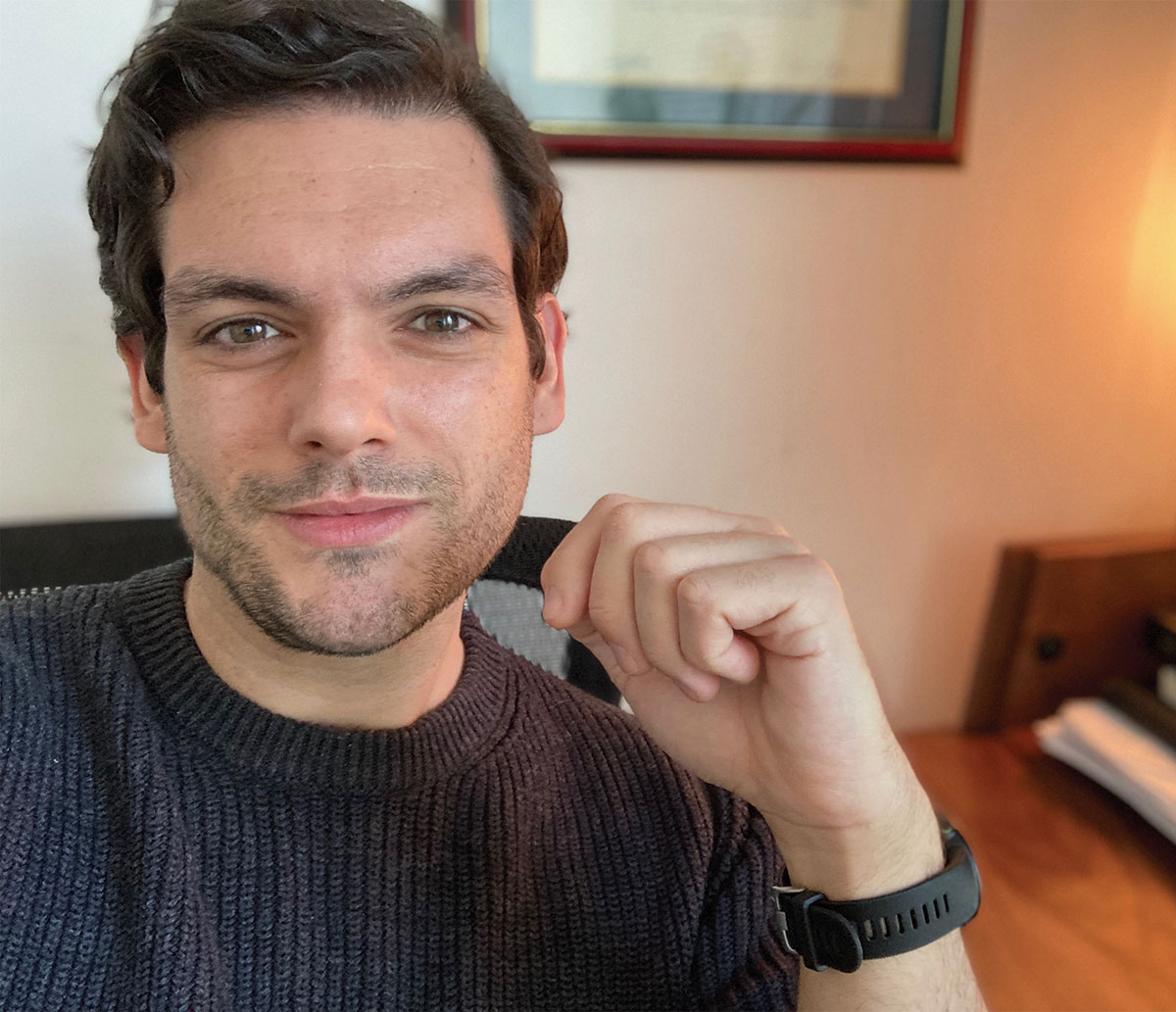From Abstract Interest to Literary Advocacy
By Samantha Cheyenne Miller ’13
He’d been compelled by how both the prison system and the education system were failing so many people, mirroring his own sense of disappointment with the education system after experiencing multiple setbacks during his time at a community college.
That’s what ultimately led the St. Joseph’s University, New York alumnus to begin working in jails and prisons. And it’s eventually what inspired Dr. Bruno to write his book, “Theory and Practice for Literacy in the Prison Classroom: An Inquiry Approach for Students and Educators.”

For the past two and a half years, partly because he couldn’t teach in person due to the pandemic, Dr. Bruno turned his own experience into his book, which was published in September.
“There are some really complex political tensions implicit in this work,” said Dr. Bruno, a co-director of the writing program at Kingsborough Community College. “My hope was that this book would lay the foundation for some of those debates.”
While Dr. Bruno said it’s not necessarily a book he wanted to write, it is a book he wished existed when he began teaching in prisons.
He stressed that his intention was not to tell people what to think about literacy practices in jails and prisons, or how to teach it in those environments.
“This subject matters so much right now, especially living in what Michelle Alexander calls the age of mass incarceration,” he continued. “There’s a lot of work to be done.”